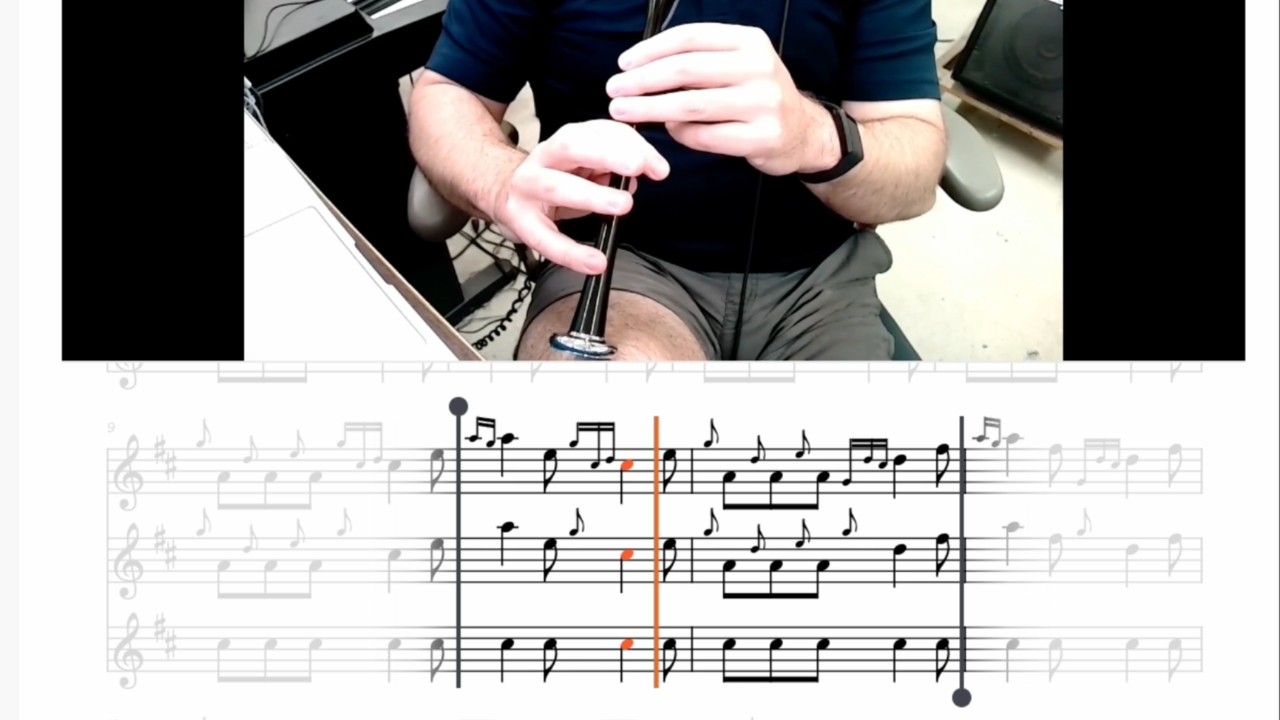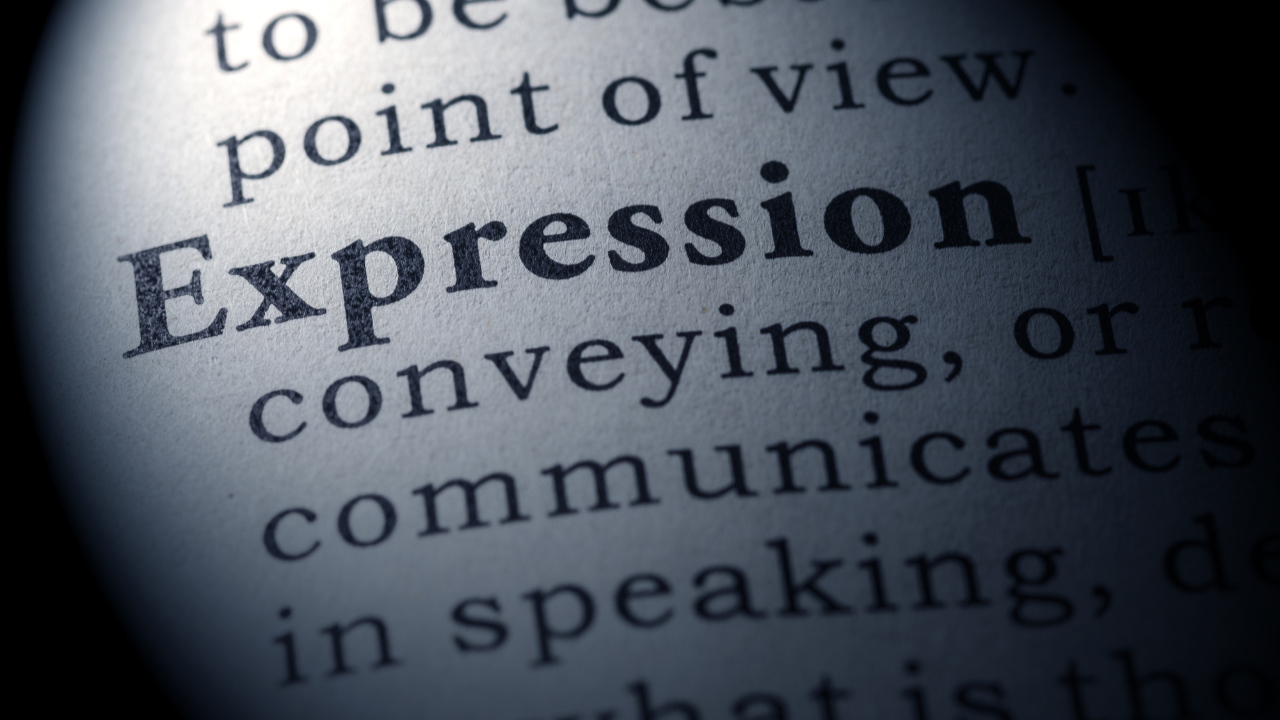Can Hard Reeds Be Good For You?
May 29, 2024
Do you ever find yourself struggling so much with a hard reed that you feel your throat close?
The feeling is similar to when you accidentally sneeze when you’re drinking ginger ale – super uncomfortable, and definitely a hazard for some pipers!
This could be from overuse, or overplaying a bagpipe that’s not set up correctly. But usually it’s from trying to play a very hard reed.
The best way to avoid this is to make sure that your pipes are set up properly in the first place, with a reed that’s perfectly suited to you (there’s a test for that!).
Alas, though, the piping world has an epidemic of bagpipes that are hard to play… But can playing a hard reed ever be good for you?
When are hard reeds good?
Do you ever hide in the “security” of a hard reed? Or did a pipe major ever hand you a hard reed and tell you that you’d “sound better”?
Hard reeds do have some benefits. If you have the strength and fitness to manage a hard reed, they can cover up some deficiencies in your playing. Hard reeds do tend to be more stable, they don’t move around in pitch too much, they are technically louder than an easier reed, and big dips in your blowing consistency will be less obvious playing a hard reed.
This can make hard reeds tempting for pipe majors to give to newer pipers, as they’re the most likely to have major gaps in their fundamental skills, like steady blowing. And on the surface, it may seem like a hard reed is the perfect “fix” for this.
But there are major drawbacks to this approach…
Don’t major in the minors
Hard reeds may achieve all these things, but when you’re just starting out, why would we want to mask deficiencies in your playing?
And if you’re struggling to play well in the first place – do you really want to be the loudest piper in the band? Far better to play a reed that’s perfectly suited to you (there’s a test for that!) – a well balanced, calibrated and tuned instrument may be slightly quieter in volume, but its resonance adds significantly to the quality of overall sound. Plus, if your pipes are easy to play, you can focus more on fundamental skills that allow you to play beautiful, expressive music – not just choking any sound you can manage out of your chanter, with tense fingers and a headache from overblowing.
Don’t ‘major in the minors’. You should prioritise spending most your time on skills and experience that will make major differences to your improvement, not the small stuff!
Steady blowing. Tuning. Rhythm. Fingerwork. Musicality. All ability to focus on these essential fundamentals flies out the window when you’re struggling just to breathe!
When your pipes are too hard, your hands tense up. All of the technique that you worked hard to perfect on the practice chanter totally disappears. After just a few bars of music, your body is so overwhelmed trying to keep the bagpipes going that there’s just no feasible way you can possibly focus on the music of the tune you’re playing. You’re just in a painful survival mode.
Bagpiping should be a joyful experience, each and every day you pick up the pipes.
Your bagpipes should never be hard to play. If they are, you’re sacrificing time and effort just trying to make a sound that you could be spending on developing your basic skills.
The Piper’s Dojo Weekly Show brings you weekly advice about how to be a better bagpiper. Tune into our weekly livestreams on our Facebook page, subscribe to our YouTube channel or wherever you listen to your favorite podcasts!
Stay connected - subscribe to our free Weekly Digest!
Get bagpipe knowledge delivered to you every Monday! Tips and tricks, podcasts, special offers, and more.
We hate SPAM. We will never sell your information, for any reason.




